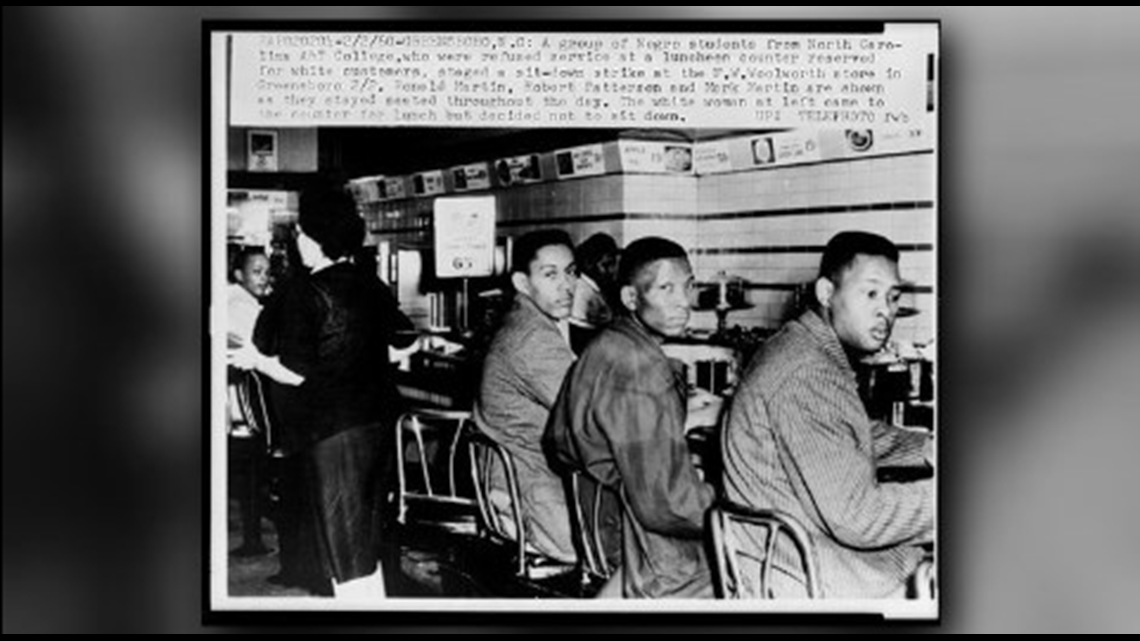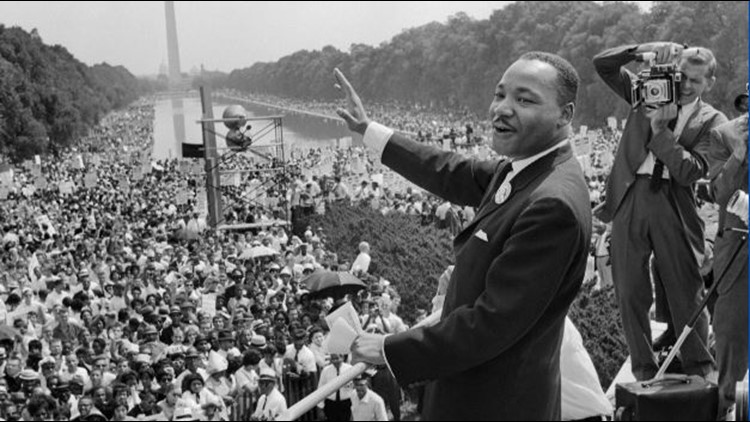The Newseum's "1968: Civil Rights at 50" showcases how various events shaped the civil rights movement in that momentous year.
The exhibit has a special section to honor Martin Luther King Jr. and his fight for freedom.The display highlights key events, beginning with the Orangeburg Massacre and ending with Dr. King's assassination and funeral.
Artifacts in the 1968 exhibit
A cell door from the jail where Martin Luther King, Jr. composed his letter to the "Pastors at Birmingham".

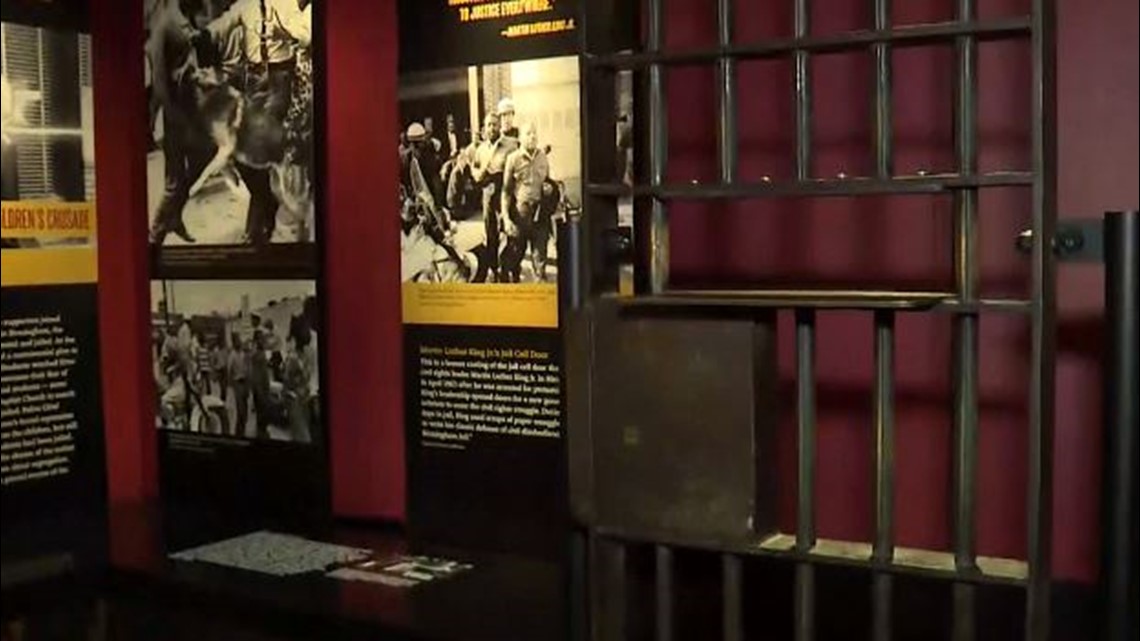
Photos of beloved family members like his wife, Coretta Scott King.

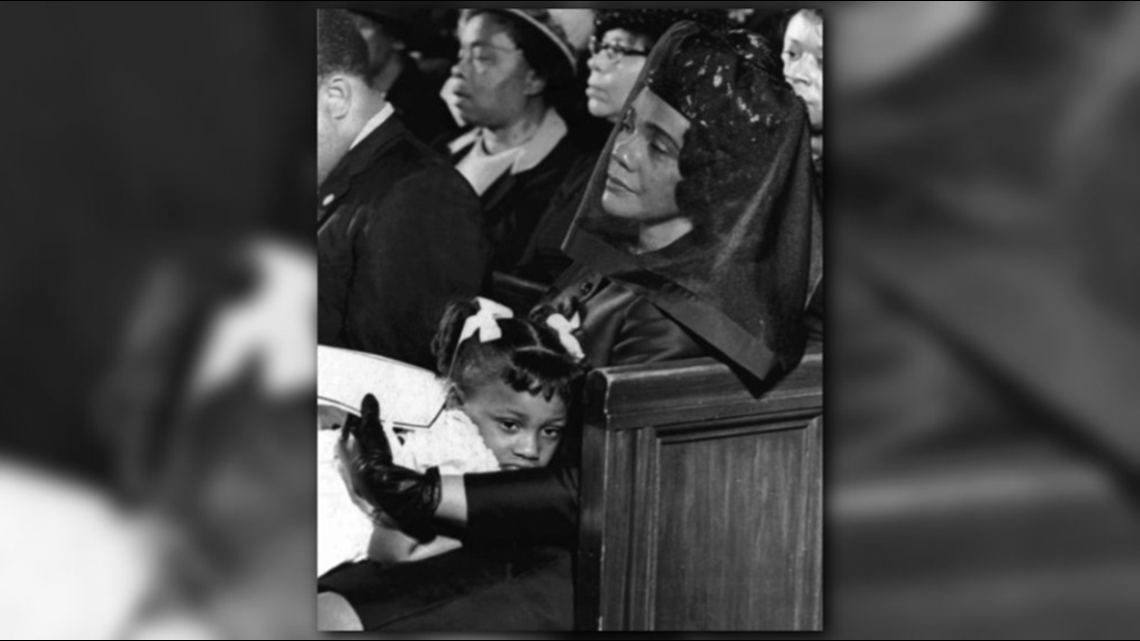
Timeless photos of women, such as Shirley Anita Chisholm, the first African American woman in Congress.

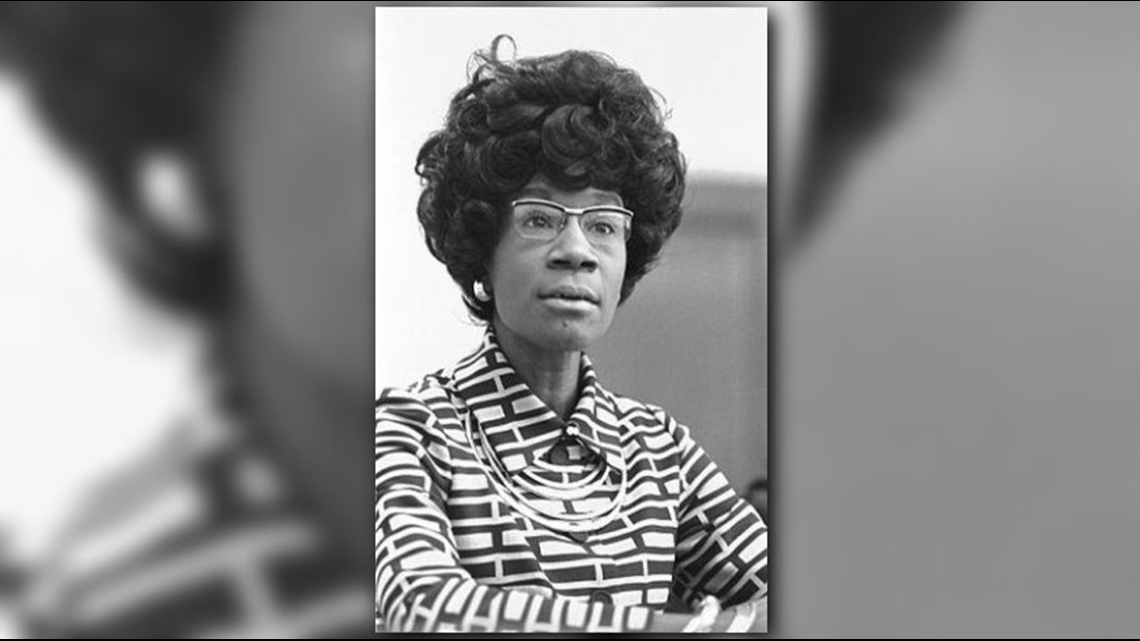
Students: Agents of social change then and now
Patty Rhule, Director of Exhibit Development, says "1968 showed the power of Americans to use their First Amendment freedoms to push for change in society". She says she agrees recent student protests echo the spirit of black college students who refused to leave until they were served at a “whites-only” lunch counter in Greensboro, North Carolina,

